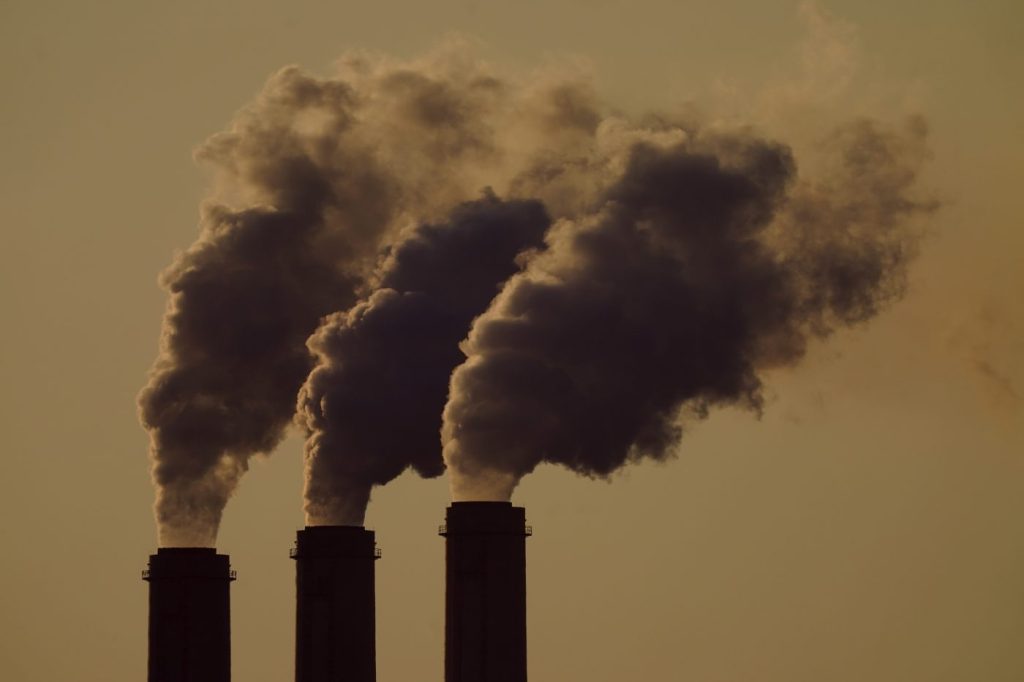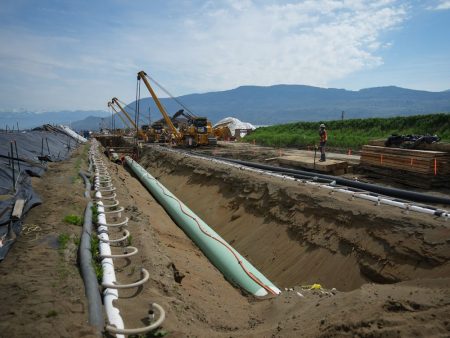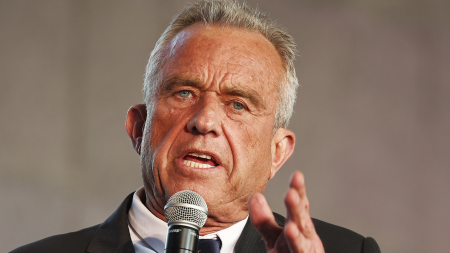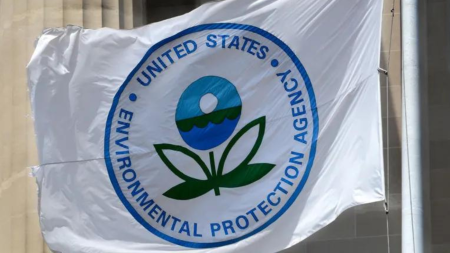Eighty percent of the global carbon emissions from 2016 are caused by less than 60 companies and countries, says a report from the think tank InfluenceMap published on Thursday. report published Thursday by the think tank InfluenceMap.
The report credits the majority of emissions to 57 entities, which include nation-states, state-owned companies, and investor-owned companies. The report also highlights that the three largest producers of human-made emissions are all state-owned companies. It mentions that Saudi Aramco is responsible for 4.8 percent of global emissions since 2016 and 3.6 percent since 1854, which is considered the start of the industrial era.
Gazprom, a Russian-owned company, comes in second for emissions between 2016 and 2022, accounting for 3.3 percent, followed by Coal India with 3 percent. National Iranian Oil Co. and Russian-owned Rosneft, both state-owned companies, make up the top five with 2.8 percent and 2.1 percent respectively. The only investor-owned entities in the top 10 are ExxonMobil at 1.4 percent and Shell at 1.2 percent.
The report also reveals that the top 5 investor-owned companies—Chevron, BP, ExxonMobil, Shell and ConocoPhillips—have contributed to a larger share of historical emissions than the top five state-owned companies — Saudi Aramco, Gazprom, the National Iranian Oil Company, Coal India, and Mexico’s Pemex. Overall, 11.1 percent of historical emissions can be attributed to investor-owned firms, compared to 10.9 percent for state-owned firms.
According to InfluenceMap, most entities have increased fossil fuel production since 2015, the year the Paris Climate Agreement was drafted. Sixty-five percent of state-owned firms and 55 percent of investor-owned firms increased production from 2016 to 2022, compared to the previous seven-year period.
The report states that Asian countries and companies have been the main drivers of the post-Paris increase, with an increase seen among all five investor-owned Asian companies analyzed and eight of 10 state-owned Asian companies. This has been primarily driven by coal production.
The Paris Agreement signatories have pledged to reduce emissions to limit warming below 2 degrees Celsius and achieve net-zero emissions by mid-century. Notably, Iran is the only major emitter not part of the agreement.









